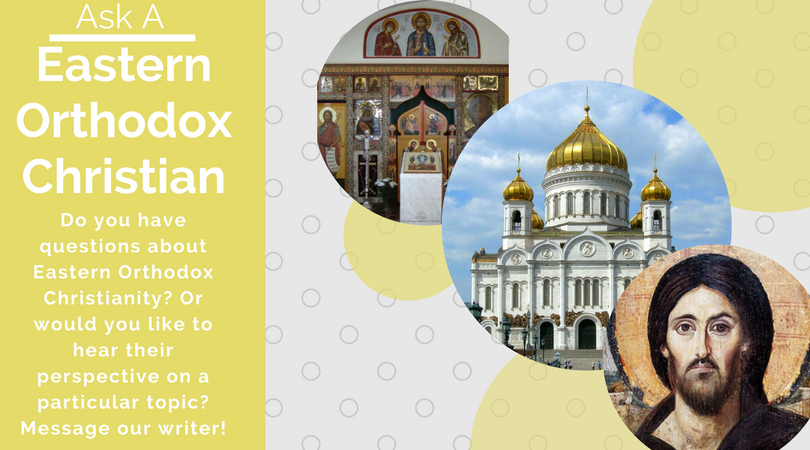Ask An Eastern Orthodox Christian: Blasphemy of the Holy Spirit
What would you like to know about the Eastern Orthodox Christian faith? Submit your question.
Will God Forgive the Blasphemy of the Holy Spirit?
The blasphemy of the Holy Spirit occurs when a person actively pursues a conscious, continuous, deliberate and malicious attitude of rejecting the Holy Spirit of God, calling God who is good, evil. This sin is unforgivable as long as that person continues in this intentional, continuous, declarative state, leaving no hope of salvation in this life or the next.
Many Christian fathers, including St. John Chrysostom, said that blasphemy against the Holy Spirit, “Would be forgiven to those who sincerely repent.” They go on to say that there are no unforgivable sins if a blasphemer turns towards God with a truly contrite spirit and genuinely repents of this sin.
Spiritually Dead
We are a spiritual being existing in a carnal body. We are also the temple of the Holy Spirit (1 Corinthians 6:19). It is God, the Holy Spirit, that brings God the Father and God the Son to dwell within us. John 14:16 states that God is life itself. If God, the “life source,” does not dwell within a person’s temple, they are spiritually dead (1 Corinthians 13:1-3).
Christ’s first and major message to be saved was in Matthew 3:2, “Repent for the Kingdom of Heaven is at hand.” God forgives and does not condemn the repentant sinner. However, true repentance includes striving to sin no more.
God’s unconditional love for us never changes no matter what we have done, what we are doing, or what we will do. There is nothing that anyone can do to change his love for us.
Access to the Kingdom
The presence of the Holy Spirit of God within us enables one to gain access to the Kingdom of God. It is there that one experiences the fruit of the spirit; unconditional love, joy that is eternal, peace beyond understanding, patience beyond our capability, kindness that bathes those around us, goodness that edifies the heart, faithfulness that gives hope, gentleness that is comforting, and self-control that comes from His strength (Galatians 5:22).
Although fasting, prayer, almsgiving, and vigilance are all well and good, the primary aim of every Christian should be “the acquisition of the Holy Spirit of God” by providing the environment where he may intimately dwell within us.







